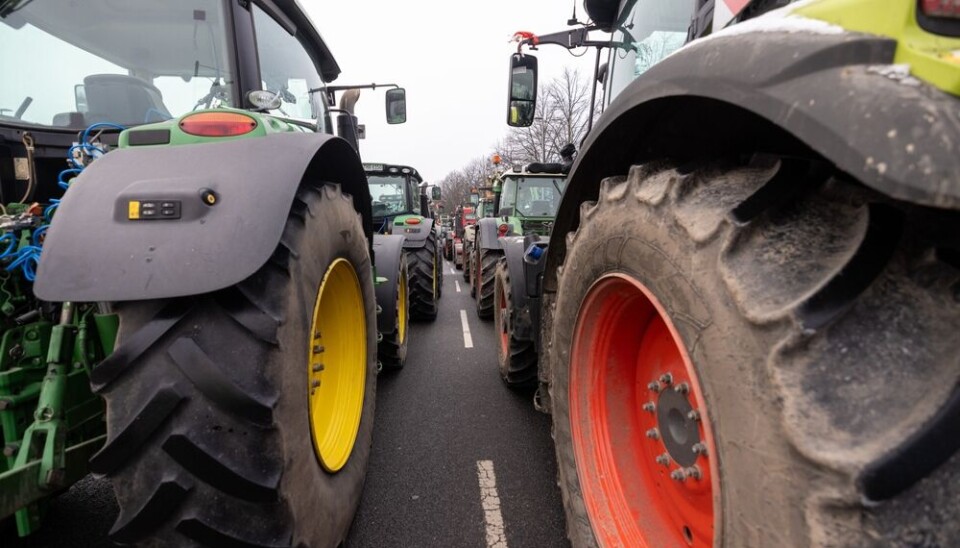French farmers threaten roadblocks and other protest action at end of May
The action is timed to coincide with parliamentary debate on a bill about pesticide use on farms
Major unions are backing the call, with farmers in the south already engaging in preliminary action
Filmbildfabrik/Shutterstock
A fresh round of farmer protests are on the horizon in France, with calls for renewed action as a controversial farming bill comes under debate at the Assemblée nationale.
Farmers are being urged to protest from May 26 onwards, with head of the major FNSEA farmer union Arnaud Rousseau making a public appeal through media outlet RMC.
“We feel that, after having demonstrated, worked and endured everything that is happening on the political front (...) the promises made to us are not there,” Mr Rousseau said.
The Young Farmers (Jeunes Agriculteurs) union is also backing the calls as are several other farmer groups.
“We need concrete action on our farms, which we can see, on the issue of water, on the issue of the means of production,” Mr Rousseau said.
Promises made during protest action at the start of 2024 “are not bearing fruit,” he added.
It is unclear how long or disruptive the action will be, but recent protests have seen roads blocked by farmers, workers descending on major cities or mairies in their tractors, and the threat to call on an EU-wide protest and cripple supply chains across the bloc.
Sporadic protests by farmers in the south of France were carried out last night, which saw up to 200 farmers descend on Montauban (Tarn-et-Garonne).
Others protested in the neighbouring Haute-Garonne region, to put pressure on local MPs about the upcoming bill.
The exact actions of the upcoming protests “will be a surprise to everyone,” said farmers to local media ActuToulouse.
Controversial farming bill to be debated
The date chosen for the strikes to begin – May 26 – has not been picked by chance.
A bill that would remove constraints on farmers passed through the Senate in February.
Dubbed the Duplomb law after its creator Laurent Duplomb – Senator for the right-wing Les Républicains and former head of the FNSEA in the Haute-Loire department – debates are set to begin on the bill in the Assemblée nationale from this date.
The bill would reauthorise the use of several ‘neonicotinoid’ pesticides including acetamiprid, which is banned in France but authorised in other EU countries such as Germany, Italy, and Poland.
Farmers in the hazelnut and beetroot industry have in particular requested use of the pesticide become legal once more.
The law would also place further scrutiny on ANSES, a government health and food-health agency, as well as reduce the regulations required for constructing and controlling ‘factory’ farms.
The latter would be done by wholly or partly removing greenhouse gas emissions limits from large farms and barriers on construction of intensive-farming facilities.
The original format of the bill also provided support for controversial ‘mega reservoirs’ used by farmers, however this was removed in a preliminary reading of the bill by a committee of MPs.
It may be reinstated during debates in the Assemblée or in the Senate when it returns to the upper chamber.
The Assemblée is much more politically divided than the majority right-wing Senate, and the bill may struggle to pass through the chamber, particularly as the left-wing parties – representing the largest bloc of MPs – are opposed.
Despite the removal of support for mega reservoirs, several amendments during the bill’s preliminary reading at committee stage appear to be supported by the FNSEA lobby, and it is unclear whether there will be enough parliamentary opposition to completely prevent its passage or remove further elements of the bill.
Protest action from farmers is less about anger over the bill’s contents, but more a show of strength in support of it and how important farmers deem it to be.
It is also being seen as a way of reminding politicians that they are expected to keep former promises.
Further information on the actual disruption will likely be made available closer to the action.





























